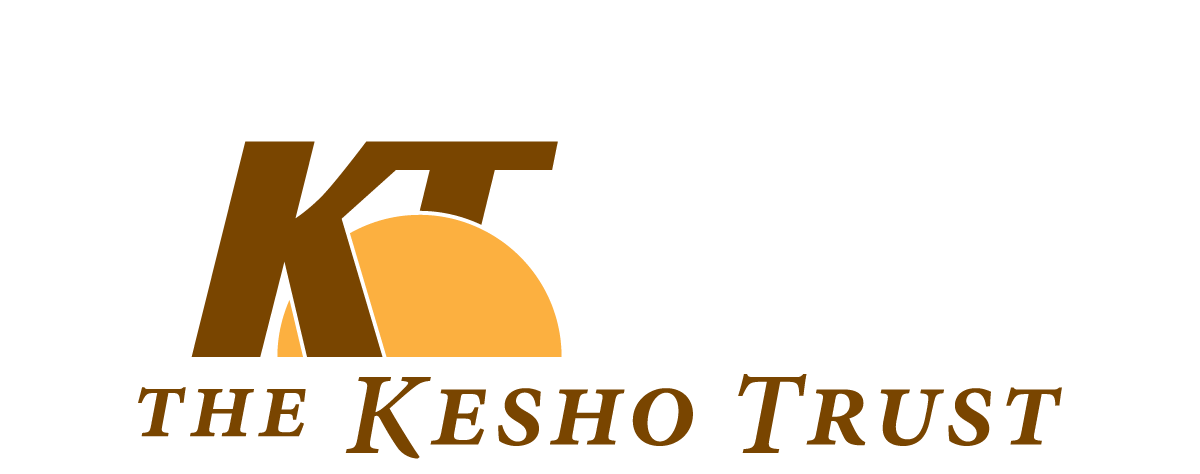
The Kesho Trust has an ongoing commitment to Maasai communities where we have developed partnerships and have been working for a number of years. In response to a proposal call we developed a project named “Strengthening Commitment to Maasai Indigenous Knowledge and Culture for Enhanced Climate Resilience in Tanzania” and were pleased to be selected for funding of this initiative.
The project builds on the success of the previous project under the Indigenous Knowledge Bridging of Land and Water Governance in Tanzania and Canada (IKG). Ended in 2022, the IKG was centered on a direct engagement with traditional knowledge of the indigenous Maasai people and the utilization of that knowledge to inform land and resources governance in Tanzania.
Overview
The project’s overall objective is to promote the acceptance and use of Maasai traditional knowledge of community land and natural resources management for improved adaptations and resilience strategies to impacts of climate change in Enguserosambu ward (Ngorongoro District) and Elerai village (Kilindi District).
The project will help to achieve the following four (4) specific objectives:
- To strengthen commitment to and integration of Maasai’s indigenous knowledge and culture for enhancing natural resource governance and promoting climate resilience in Enguserosambu and Elerai project sites
- To develop and promote implementation of community action plans based on traditional knowledge to address climate change impacts and adapting community infrastructure
- To promote innovative and resilient livelihood activities for increased community’s climate change adaptive capacity
- To advocate for government policy improvement on Maasai pastoralism and strengthen indigenous people supportive partnerships locally, nationally, and internationally
Duration:
Start: November, 2024
End: October, 2026
Funder:
GEF/UNIDO
Grant Amount:
Cost shared:
GEF USD $ 98,000
Kesho Trust: USD $ 35,600
